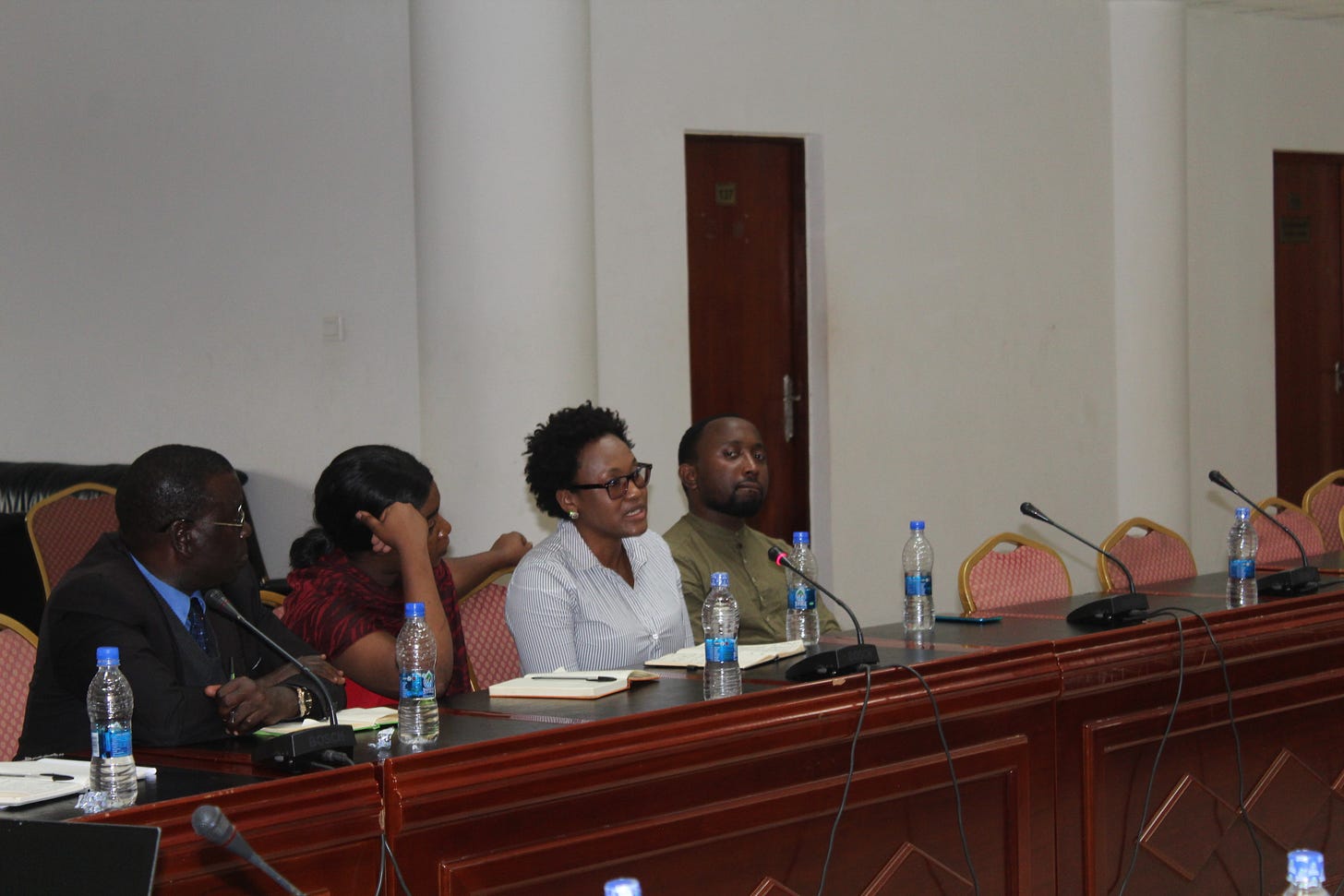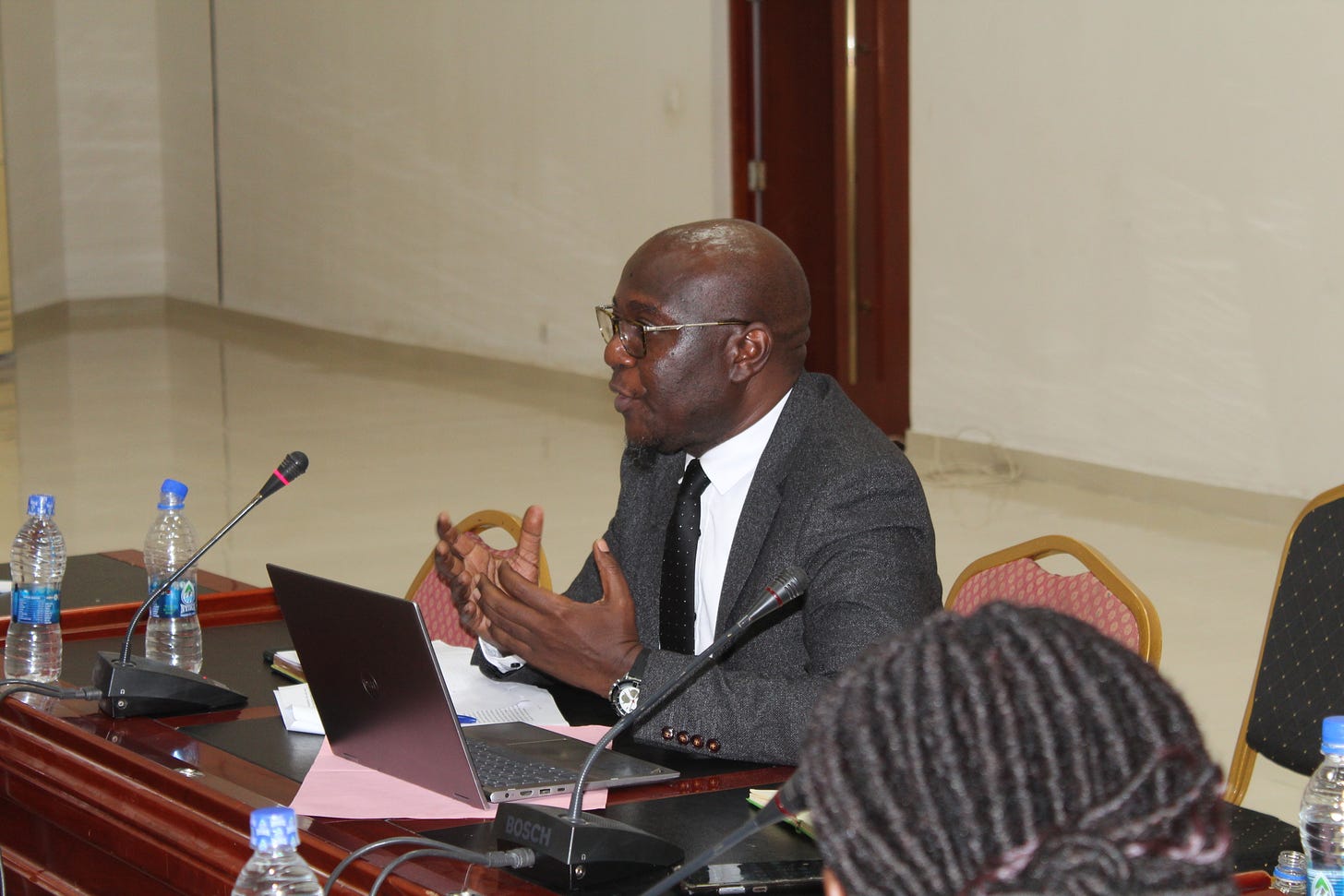Malawi's Agriculture Sector Haunted by Recruitment Freeze
There are currently 1,929 farmers in the nation who are served by one extension worker.
Malawi: The Malawian government has been urged to renegotiate the terms of the Extended Credit Facility (ECF) provided by the International Monetary Fund in order to devote more funds to addressing issues like the high unemployment rate among agricultural extension workers, writes Fletcher Simwaka.
There are currently 1,929 farmers in the nation who are served by one extension worker.
Ovixlexla Bunya, ActionAid Malawi Policy and Engagement Officer, made these remarks during a Civil Society Agriculture Network (CISANET) consultative meeting with the Agriculture, Budget, and Finance committees of Parliament.
"The public sector recruitment freeze being advanced by the IMF cripples the government’s delivery of services in key sectors, including Agriculture," said Bunya, and added that the government should learn from countries such as Zambia, which have successfully renegotiated some of the IMF's conditions.
Late last year, local media reported that as part of the measures aimed at regaining the confidence of the money-lending institution, the Malawi Government committed to ending the Affordable Input Program in a phased approach and freezing recruitment in the public service, except in critical areas such as health and education.
After presenting a position paper on the subject, Gift Numeri, national director of CISANET, made a statement and urged the government to encourage extension workers by providing adequate funding for the programme to create a favourable working environment.
"Furthermore, extension workers also need to be taught relevant and up-to-date information that will ensure our farmers practice methods that will increase their yield," said Numeri.
The meeting's chair, Ralph Jooma, welcomed CISANET's findings and suggestions but urged further discussion of the issue at upcoming cluster meetings following the presentation and tabling of the 2023–2024 national budget, which will begin on January 31, 2023.




